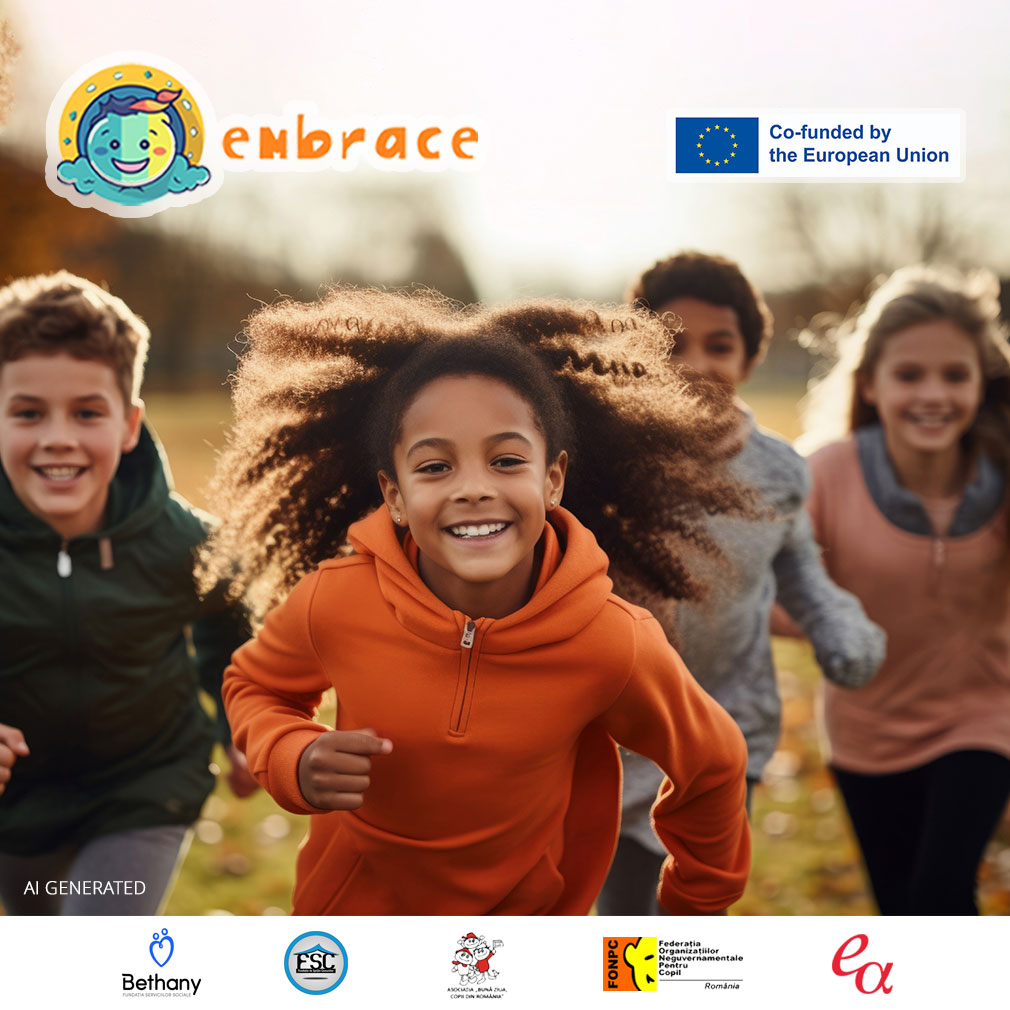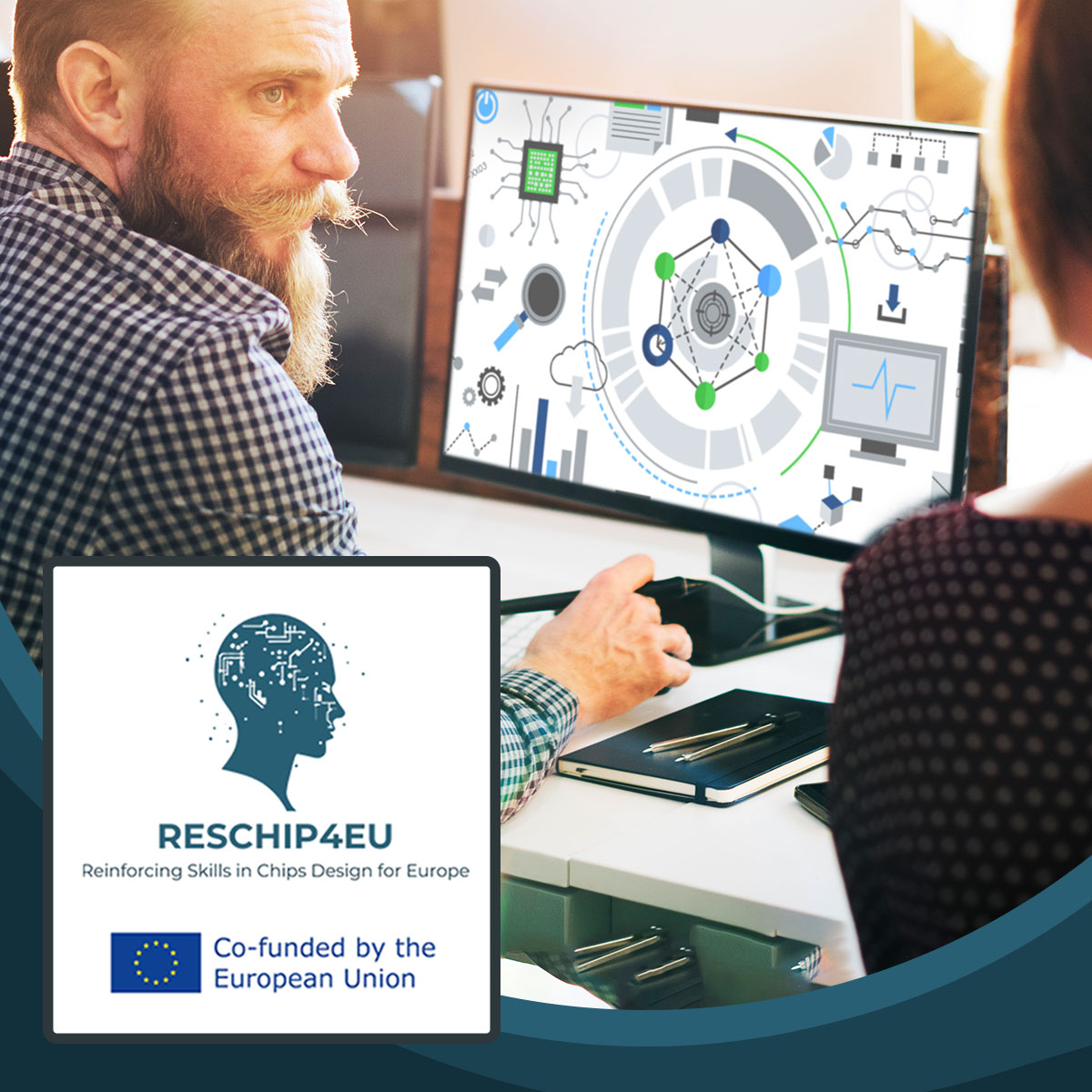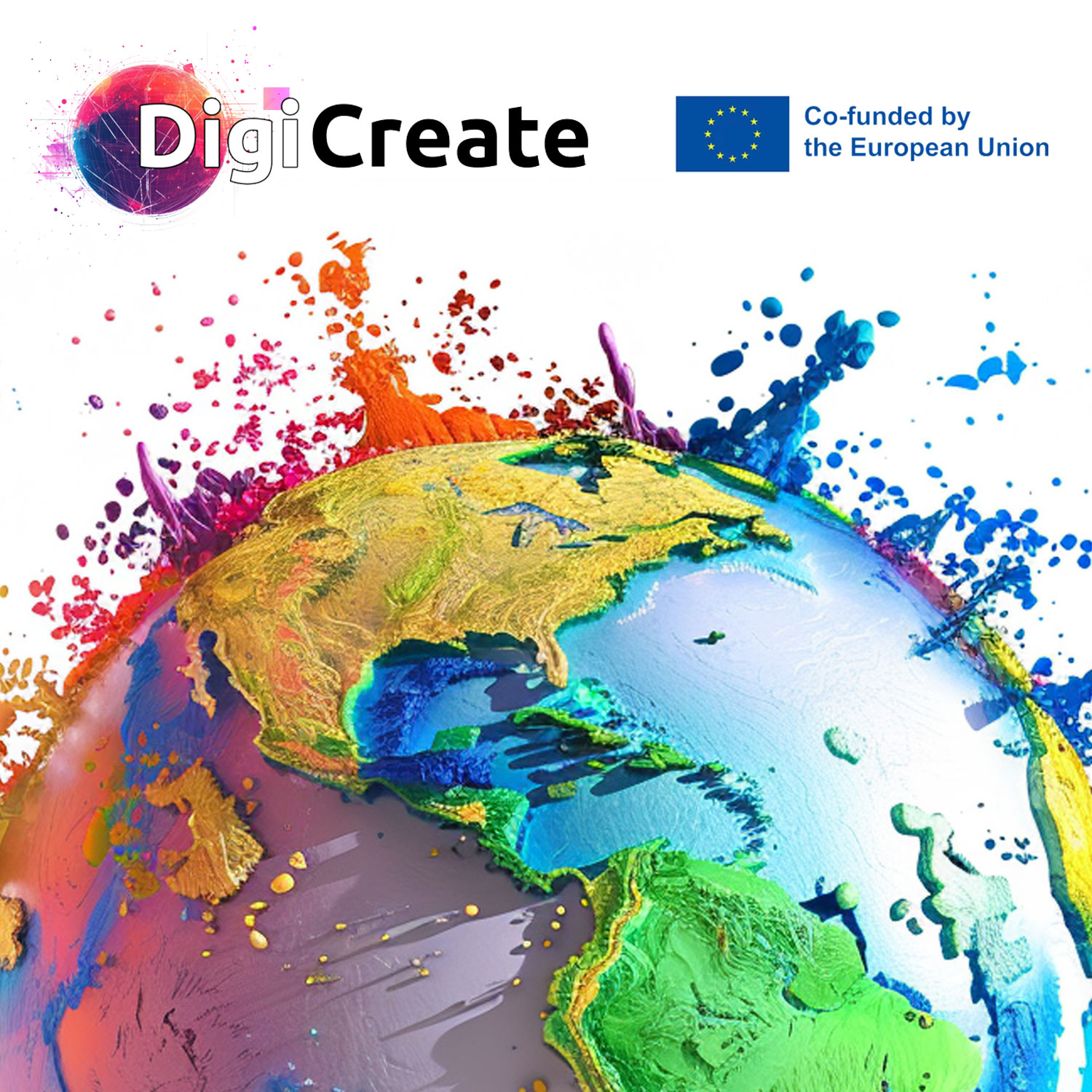Physical activity plays a vital role not only in children’s physical health but also in their mental well-being. Exercise has been shown to improve mood, help maintain emotional balance, sharpen focus, and build resilience. Recognizing this, the Embrace Project has embedded physical activity as a fundamental part of its life skills curriculum across schools in Romania.
Recent findings reveal that 33% of Romanian children aged 11 to 15 report feeling sad more than once a week, which is more than twice the average rate across the European Union. This data underscores the critical importance of supporting children’s mental health through educational initiatives.
Sources: WHO, UNICEF Romania, UNICEF Child and Adolescent Health in Romania
The Embrace Project curriculum integrates physical activity with other wellness practices such as breathing exercises, games, and outdoor activities to demonstrate the link between regular movement, quality rest, and healthy habits, all key factors in sustaining mental wellbeing. A distinctive feature of the curriculum is encouraging students to design balanced daily or weekly schedules incorporating physical exercise, relaxation, and social time, thereby cultivating habits that nurture both emotional and physical health.
Through this approach, students gain important insights, including:
- The connection between physical health and emotional well-being
- How movement enhances concentration, energy, and mood
- Daily habits that build resilience and encourage self-care
By placing physical activity at the heart of life skills education, the Embrace Project is helping Romanian schools create environments where children can flourish both physically and emotionally, setting them up for healthier and happier futures.
Learn more about the EMBRACE project: https://embrace-future.eu/
Project: 101190161 — EMBRACE — CERV-2024-CHILD
Disclaimer: Funded by the European Union. Views and opinions expressed are however those of the author(s) only and do not necessarily reflect those of the European Union or EACEA.
Neither the European Union nor the granting authority can be held responsible for them.




